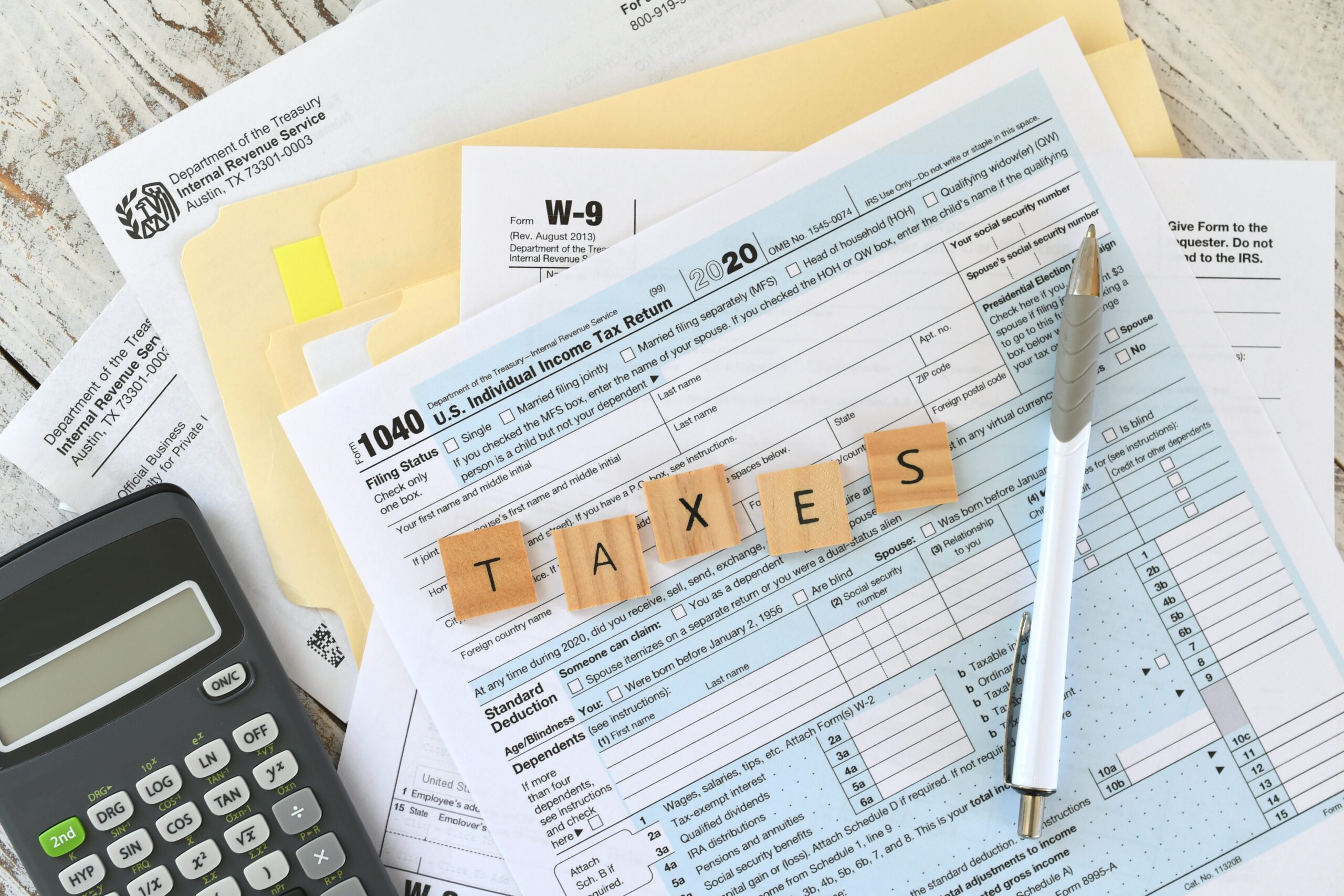When you buy a new car, it might feel exciting, but here’s the truth: new cars lose value fast. As soon as you drive a new car off the lot, it loses money. This is called depreciation. In just one year, that shiny new car can lose up to 20% of its value. Buying a new car is like popping a stick of Juicy Fruit gum into your mouth. The flavor hits you instantly—sweet, fresh, and bursting with excitement. But just like that gum, the thrill doesn’t last long. In a few minutes, the taste fades, and you’re left chewing unflavored rubber. By the time you’re done, you’re not sure if it was worth it, but you’re in too deep, just like you are with that car payment.
But, if you buy a used car, someone else has already taken that hit. You get the car at a lower price, and it doesn’t lose its value as quickly. This means you save money right from the start. You still get a good car, just without paying extra for that new car smell.
Car Value Depreciation Chart
Why Used Cars Make More Sense
As you can tell from the graph, most cars lose around 50% of their value by year 5. This means you can get a 50% discount just by buying something after that five-year mark. You might not have the latest and greatest features, but your wallet will thank you. Used cars are cheaper, they hold their value better, and you can still find one that looks and drives great. So, the next time you think about buying a car, remember to buy used, save money, and live a stress-free life!

How to Get a Better Deal on a Used Car
Now, let’s talk about how to make sure you get the best deal on a used car:
Do Your Homework
Researching the car you want and investigating the vehicle’s long-term maintenance is a great way to ensure you get the best deal. Check its average market value on websites like Kelley Blue Book or Edmunds. You’ll know if the asking price is fair; there’s room to negotiate. Knowledge is power!
Check the Car’s History
Use a service like Carfax or AutoCheck to look up the car’s history. This report will show if the car has been in any accidents, had major repairs, or has a clean title. Knowing the car’s background can give you leverage in negotiations or help you avoid a lemon.
Get a Pre-Purchase Inspection
Before committing, have a trusted mechanic inspect the car. They can identify potential issues that aren’t obvious during a test drive. If the mechanic finds problems, you can use this information to negotiate a lower price or decide if the car is worth buying at all.
Negotiate with Confidence
Don’t be afraid to haggle. Start with a lower offer based on your research and be prepared to walk away if the dealer doesn’t meet your price. Remember, there are plenty of cars out there, so don’t feel pressured into making a quick decision.
Shop at the Right Time
Timing can impact the deal you get. Shop toward the end of the month, quarter, or year when dealers are eager to meet sales targets. You might also find better deals during holiday sales or when new models are about to hit the market, making dealers more willing to negotiate on older inventory.









